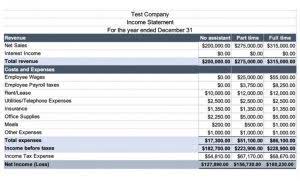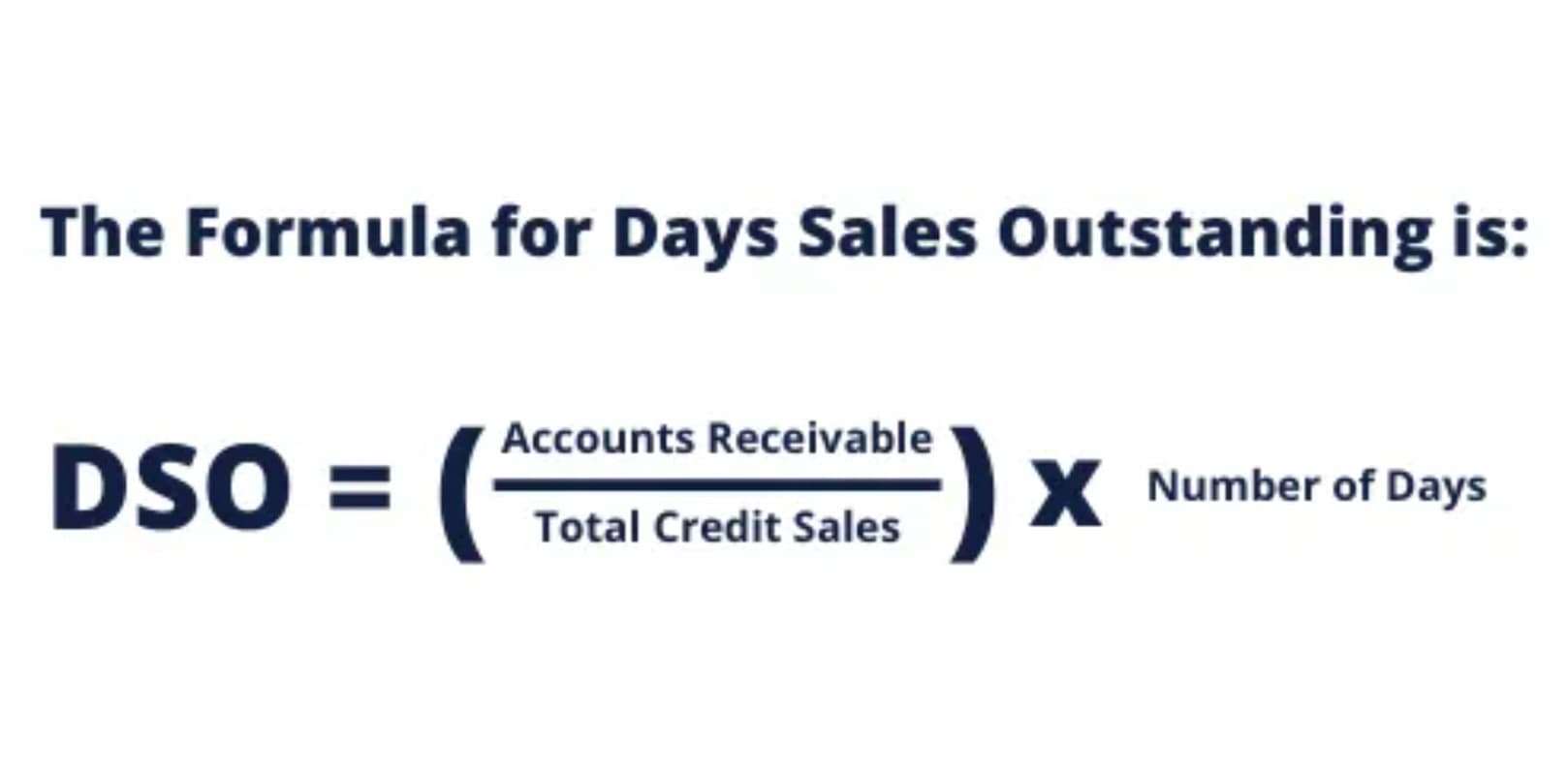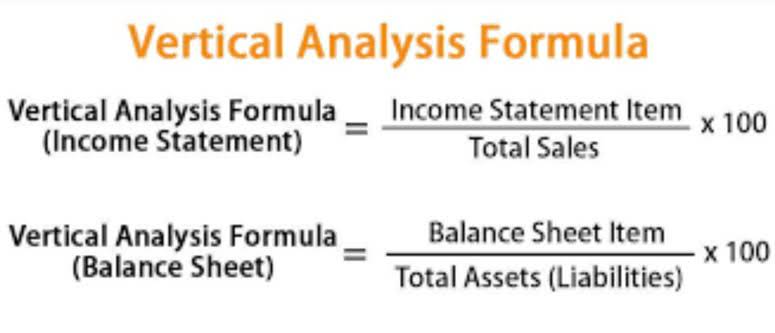
The Financial Accounting Standards Board (FASB) sets the accounting standards needed for businesses in the U.S. Founded in 1973, FASB aims to make sure firms follow clear principles set by the Generally Accepted Accounting Principles (GAAP). The FASB plays a critical role in financial accounting, which is essential to the broader economy. The consistency and comparability of standards help investors and creditors make informed what does the fasb do decisions, leading to more efficient resource allocation, particularly capital.
- The Financial Accounting Standards Board (FASB) plays a crucial role in the financial reporting world by setting and maintaining Generally Accepted Accounting Principles (GAAP) in the United States.
- Non-GAAP is an accounting method that doesn’t follow generally accepted accounting principles.
- It enforces a wide range of laws — and monitors compliance with those laws.
- Due to the global nature of businesses today, the FASB and IASB often cross paths due to overlap in businesses, helping foster cooperation on the issue of improving global accounting standards.
- FASB’s role in setting GAAP is crucial to maintaining the integrity of financial reporting in the United States.
- They work with the FASB to address new accounting issues as they come up.
Financial Accounting Standards Board vs IASB
An example of a newly created accounting principle is the disclosure principle, which gives a company the right to publicize its details and structure of costs incurred in the year. The FASB’s mission, advertised strongly on its website, is to continuously update and enable accountants to work with better accounting principles. In the 21st century, the FASB is looking into how technology interacts with the field of accounting so it can utilize some of the benefits it may bring to the world of accounting. In order to establish universal accounting standards, the Financial Accounting Standards Board coordinates with the International Accounting Standards Board (IASB), which is responsible for the International Financial Reporting Standards (IFRS).
Functions of the Financial Accounting Standards Board
It is officially designated as the body responsible for setting accounting standards for public companies through a transparent and inclusive process. The FASB is recognized by the Securities and Exchange Commission (SEC), the American Institute of CPAs (AICPA), and several state Boards of Accountancy. The FASB, on the other hand, is a private-sector QuickBooks Accountant entity that establishes accounting standards for public companies and non-profit organizations. Its primary goal is to develop and improve generally accepted accounting principles in the United States to ensure consistency and transparency in financial reporting. But what exactly does that mean and how does it affect the accounting at your company?
Generally Accepted Accounting Principles (GAAP): Definition and Rules
- She has also written content for businesses in various industries, including restaurants, law firms, dental offices, and e-commerce companies.
- GAAP might not be the best accounting method for small businesses since it uses the accrual method of accounting.
- Decisions based on sound financial information can contribute to a more efficient economy, ultimately benefiting society.
- These rules are used in more than 160 different jurisdictions in the world.
- Consistent financial reporting fosters investor confidence, which is crucial for a capital market to function properly.
They then conduct research, gather data, and analyze the potential impact of different approaches. This information is used to develop a discussion paper or exposure draft, which is made available for public comment. This effort is led by important figures like Chairman Richard R. Jones and Vice Chairman James Kroeker. In capital markets, it is necessary for investors to receive information surrounding a company’s profits and losses. A recent change made by the FASB allows companies to restrict the information that is conveyed to the investors, which may not be as relevant.

The FASB’s mission is to establish and improve accounting and reporting standards, ensuring they reflect changes in the business environment. It also promotes the convergence of various accounting standards globally and seeks to address gaps in the reporting process. FASB standards, notably ASC 842, play a critical role in lease accounting for nonprofit and healthcare organizations. Compliance with these standards helps maintain accurate financial records, supports transparent financial accounting management, and ensures organizations meet regulatory requirements. GAAP refers to the principles accountants are required to follow when putting together publicly available financial statements. Financial statements are documents that show a company’s financial standing during a specific time frame.
- The Financial Accounting Standards Board has the authority to establish and interpret generally accepted accounting principles (GAAP) in the United States for public and private companies and nonprofit organizations.
- Therefore, another benefit of the FASB is its ability to remain flexible and quickly course correct any accounting or financial reporting issues.
- While the rules established under GAAP generally improve the transparency in financial statements, they don’t guarantee that a company’s financial statements are free from errors or omissions meant to mislead investors.
- The staff members cooperate with the FASB Board as well as various project resource groups, partake in research activities, participate in roundtable meetings and scrutinize suggestions received from the public.
The FASB plays a pivotal part in the functioning of several regulatory bodies in the U.S., as accounting standards are important for an efficient market. The Securities and Exchange Commission (SEC) accepts GAAP as the accounting standard when evaluating financial records of companies, non-profits, or the government and considers it authoritative (Financial Reporting Release, No. 1 Section 101). The FASB’s most important function is to ensure that accountants and other intermediaries involved in handling financial information create detailed reports, which are then shared with stakeholders. Following a consistent set of standards enables a more efficient market and economy. If you’re planning to expand your business, appeal to new investors, offer shares or sell your business down the road, you may want to follow generally accepted accounting principles, or GAAP. If you answer to investors, you may prepare financial statements regularly, but you’re not held to the same standards as large, publicly-held companies.


Another goal of the FASB is to ensure that stakeholders and potential investors are provided with the most accurate information possible prior to making an investment decision through the use of standardized financial accounting and reporting. Therefore, the FASB is responsible for seeking to establish all of these accounting and financial reporting measures as effectively as possible, and provide stakeholders and potential investors with the resources necessary to make a wise investment decision. GAAP serves as the framework for how financial statements are prepared and presented, providing consistency, comparability, and transparency in the industry. By creating these standardized accounting rules, FASB makes it easier for investors, stakeholders, and the public to understand and evaluate the financial health of a company and better manage their investments. The FASB consists of seven full-time members that are entrusted with responsibilities pertaining to accounting and financial reporting. These members are required to sever all ties with the companies or organizations they served before joining the Board.
The SEC mandates that publicly traded companies in the U.S. file GAAP-compliant financial statements regularly to maintain their public listing on stock exchanges. GAAP compliance is verified through an appropriate auditor’s opinion, resulting from an external audit by a certified public accounting (CPA) firm. Unlike pro forma accounting, a non-GAAP method, GAAP provides a standardized framework. Internationally, the equivalent standard is the international financial reporting standards (IFRS), used in 168 jurisdictions worldwide. The U.S. Securities and Exchange Commission (SEC) and FASB are two distinct entities with different roles in the financial and accounting industries. The SEC is a federal regulatory agency responsible for overseeing and regulating the securities industry, including securities exchanges, brokerage firms, and investment advisors.
With Lucernex by Accruent, companies can streamline financial reporting processes, reduce the risk of errors, and ensure compliance with new accounting guidelines as they are introduced. Take the guesswork out of your financial reporting and request a demo today. Both entities play crucial roles in the financial ecosystem, with the SEC overseeing the broader securities market and the FASB focusing more specifically on accounting standards. FASB and the Securities and Exchange Commission (SEC) work together to keep financial reporting honest.
GASB 87 Lease Accounting Standard

The Financial Accounting Standards Board, or FASB, is an organization that establishes financial accounting and reporting standards. These standards apply to both private and public companies, as well as not-for-profit organizations. It is an independent, private, not-for-profit organization based in Norwalk, Connecticut. Collectively, the organization’s mission is to improve nonprofit financial accounting and reporting standards so that the information is useful to investors and other users of financial reports.

